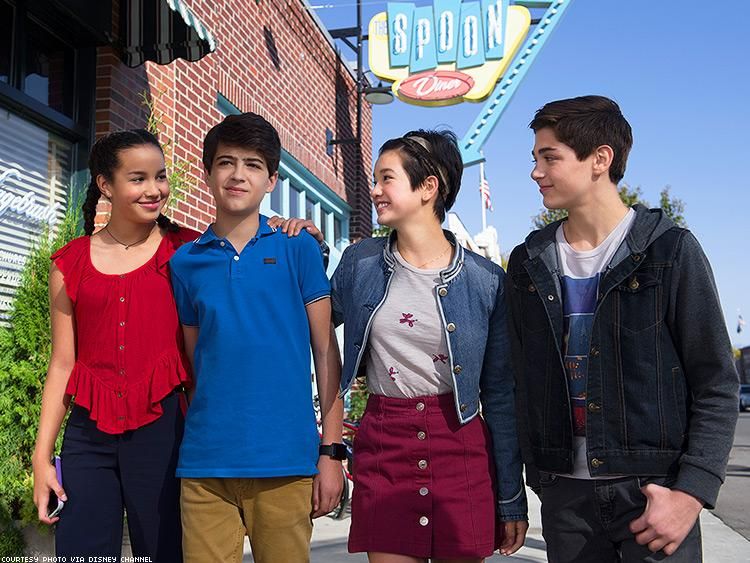Vulnerable People Should Not Have To Rely On Strangers’ Care In An AirBnB
Hospitals are, ironically, one of those places within whose boundaries we can feel a certain amount of safety. Despite usually being there at a time of great vulnerability and uncertainty, we can mostly surrender to being looked after. Even when we hear that the NHS is falling apart and short of money, we still feel like a child in its nursery, that we are intrinsically nurtured in those walls. That if we have the misfortune to need to stay there, there is always someone looking out for us. We can surrender to the experts – they will notice if we need care, and will perhaps see us start to fall, even before we do, and will be there to catch us. At a scary time when it is only visiting hours that allows us the comfort of a loved one (if we are lucky enough to have one), then the building, the people, and the trust that we are being cared for is both a reassurance and an aid to recovery. We can try to relax and allow our healing to take place.
There are many alarming elements to the news of the CareRooms pilot, but to suddenly hear that it is considered perfectly fine to complete your recovery in a stranger’s spare room seems to be making much of the country wonder whether the NHS as an organisation understands just how key a person’s emotional safety is to healing.
The fact that the announcement of the CareRooms scheme has affected the feelings of so many today says a lot about our collective psyche of the meaning of NHS care. We know there are drops in the service and gaps in the provision, stemming from policy, funding, skills, personnel and politics, but there has continued to be a general feeling that the ethos of the NHS is to at least try to be there for you – from your first GP appointment to discuss a symptom until you are discharged from their care. To suddenly feel like potentially the NHS is going to release you before you are ready, and not even to your own familiar home with its comforts, but to that of a total stranger, who you have never met, in a house in which you are unfamiliar, can have an huge impact on your recovery.
Someone who is old, vulnerable or weary from illness and has no family to be released to can at least feel safe and amongst professional “friends” if they stay in hospital until they are able to go to their own home. To be released into an uncertain place, with strange people, who have no professional ability for physical care, or to notice changes, will have an adverse impact on the recovery of so many of them. It is now well accepted that one’s emotional wellbeing has an impact on the healing process, and to have to worry about asking a stranger for help at a time when they are at their most vulnerable physically is bound to have an impact on many patients’ mental wellbeing. To be placed in an environment that is unfamiliar, and in a place that belongs to someone else, can be both embarrassing and cause insecurity. I know that I would feel so very uncomfortable and anxious to be in a stranger’s house at the best of times, and I am someone who has the support of family, friends and the ability to keep my wits about me. To be a vulnerable and lonely person who has no one to ask for reassurance or care other than a stranger doesn’t bear thinking about.
Living near a rural town where there is a hard battle being fought to keep our 12 bed cottage hospital open, it is so hard to understand why such a scheme as CareRooms is being considered. The extra comfort and safety that would be felt by a lonely patient recuperating in a hospital facility, however low tech, rather than in a random stranger’s house, is obvious to see. To close such a facility down, while trying to recreate a very poor version of it elsewhere, seems to make no sense.
Most of us can see where this one small step could potentially lead, and the thought that when we are old or alone we could perhaps be left to recuperate without physical or emotional care, in a stranger’s spare bed, affects not only the trust we place in our NHS when we are ill, but as a whole organisation moving forward. To see the patient as a person, an individual, a soul, who requires respect, kindness and consideration as well as treatment and physical care should surely be a non-negotiable part of its mission.
www.huffingtonpost.co.uk/deborah-moran/vulnerable-people-should-_b_18387226.html





